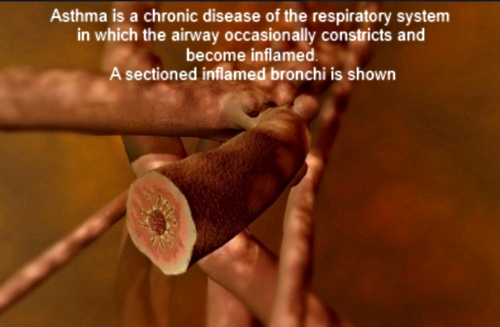How you can control Mold Allergy Symptoms?
Common Mold Allergy Symptoms
We know that mold allergy is caused by the microscopic organisms that are included in the class of fungus and they enter into our body due to the food and breathe, although there is no vaccination for the treatment of allergy but you can control it in the early stages by knowing about its signs and symptoms. The common mold allergy symptoms only affect our upper respiratory system and if you control this allergy at this stage then we can completely destroy the mold in our body therefore with the appearance of these symptoms consult to your physician for the treatment.
Some people combine the mold allergy and upper respiratory allergy but these both types of allergies are totally different from each other and the only resemblance is that the minor symptoms of mold allergy and respiratory allergy are similar but in intense case symptoms of both allergies are different. The symptoms of both allergies are different for adults and children and the children are the main target of respiratory allergy but mold allergy greatly affects the adults because adults easily tolerate the minor symptoms easily.
The mold allergy symptoms will be different for different people even the people of same age can experience different symptoms, the minor symptoms of mold allergy include the nasal congestion, runny nose, heavy sneezing and breathing problems. The sufferers can also experience cough with mucus and wheezing but all of these symptoms are easily curable and most of the sufferers can tolerate these symptoms very well and they will disappear within two to three days. The symptoms of mold allergy can be mild or intense according to the weather situations such as in damp and cold weather your symptoms will be severe and in clear weather you will not notice them.
The Symptoms of Mold Allergy are Similar to Asthma Symptoms
The mold allergy symptoms are real problem for those people who are facing the problems of mold allergy and asthma combine because triggers of both types of infection will increase the intensity of the other problem. Some types of mold that can cause allergies can also become the cause of asthmatic attacks and the symptoms of the asthma attack will be similar to the symptoms of mold allergy such as you can experience severe cough and chest tightness before a severe attack therefore when these signs appear immediately use the asthma inhaler.
There are three basic types of mold allergy symptoms and by getting complete information about all the types of symptoms you will be in better position to identify them. The tree types of allergy include the toxic symptoms of allergy, irritation symptoms and major infections such as hay fever and respiratory infections are included in this type. The mold allergy test is available for you and after taking this test if you diagnose with mold allergy then you can take allergy medications and allergy shots to destroy the mold present in the body and for this purpose skin allergy test is best for you.
Read More »
